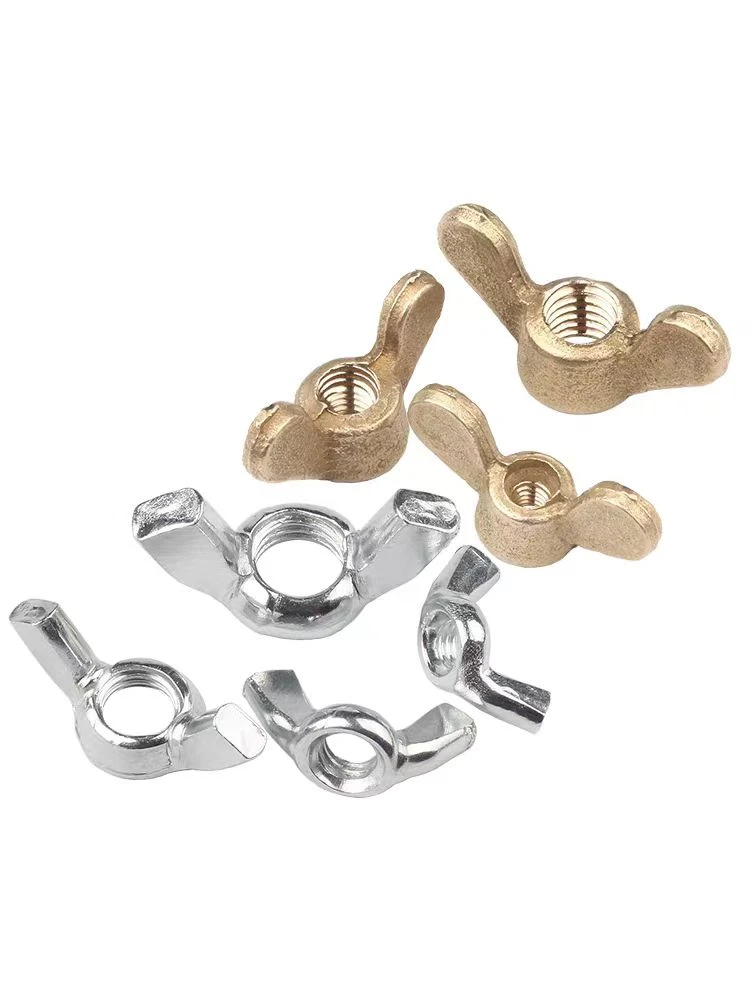

flat washer types
Oct . 31, 2024 08:57 Back to list
flat washer types
Understanding Flat Washer Types A Comprehensive Guide
Flat washers are essential components in a variety of mechanical and construction applications. They serve to distribute the load of a fastener, prevent pull-through, reduce friction, and protect the surface being fastened. While they may appear to be simple discs, flat washers come in a variety of types, each designed for specific applications and conditions. This article will explore the different types of flat washers, their materials, and their uses.
Types of Flat Washers
1. Standard Flat Washers The most common type, standard flat washers are made from materials such as steel, stainless steel, or plastic, and are available in various sizes. They are primarily used to distribute the load of a bolt or nut, helping to prevent damage to the surfaces being fastened.
2. Fender Washers Fender washers are characterized by their larger outer diameter relative to the hole size. This increased surface area provides enhanced load distribution and is particularly useful in applications where the materials being fastened are thin or prone to deformation. They are often used in automotive and construction applications.
3. Lock Washers While not technically flat washers, lock washers play a crucial role in securing fasteners. They come in various shapes, such as split lock washers and tooth lock washers, and are designed to prevent loosening due to vibration. While they are typically used in conjunction with flat washers, their unique design provides additional security against loosening.
4. Flat Rubber Washers Made of rubber or elastomer materials, these washers are used in applications requiring insulation or sealing. They provide a cushioning effect, dampening vibrations and reducing wear on the surfaces being fastened. Flat rubber washers are commonly found in plumbing, electrical, and automotive applications.
flat washer types

5. Belleville Washers Also known as spring washers, Belleville washers are conical and provide a flexible load-bearing surface. While they may not fit the traditional definition of a flat washer, their unique shape allows them to compensate for dynamic loads and changes in bolt tension. These washers are commonly used in applications where vibration or fluctuating loads are a concern.
6. Plastic Washers Lightweight and non-corrosive, plastic washers are often used in electrical work and plumbing. Their resistance to moisture and chemicals makes them ideal for applications exposed to harsh environments. They provide insulation and can also prevent coupling noises between adjacent surfaces.
Materials Used
Flat washers are made from a variety of materials, each with unique properties suited for specific applications. Common materials include
- Steel Often used for general applications due to its strength and durability. - Stainless Steel Resistant to corrosion and suitable for outdoor or harsh environments. - Plastic Lightweight and resistant to chemicals but may not provide the same load-bearing capabilities as metal washers. - Rubber Used for sealing and vibration dampening applications.
Conclusion
Flat washers may be simple components, but their importance in mechanical and construction applications cannot be overstated. Understanding the different types of flat washers and their applications can help ensure proper usage and enhance the longevity of mechanical assemblies. Whether you are working on a DIY project or engaging in professional construction tasks, the right flat washer can make all the difference in load distribution, surface protection, and overall project success.
Latest news
-
High-Strength Hot-Dip Galvanized Bolts-Hebei Longze|Corrosion Resistance&High Strength
NewsJul.30,2025
-
Hot Dip Galvanized Bolts-Hebei Longze|Corrosion Resistance&High Strength
NewsJul.30,2025
-
Hot Dip Galvanized Bolts - Hebei Longze | Corrosion Resistance, High Strength
NewsJul.30,2025
-
High-Strength Hot Dip Galvanized Bolts-Hebei Longze|Corrosion Resistance, Grade 8.8
NewsJul.30,2025
-
Hot Dip Galvanized Bolts-Hebei Longze|Corrosion Resistance,High Strength
NewsJul.29,2025
-
High-Strength Hot Dip Galvanized Bolts - Hebei Longze Metal Products Manufacturing Co., Ltd.|corrosion resistance&high strength
NewsJul.29,2025

